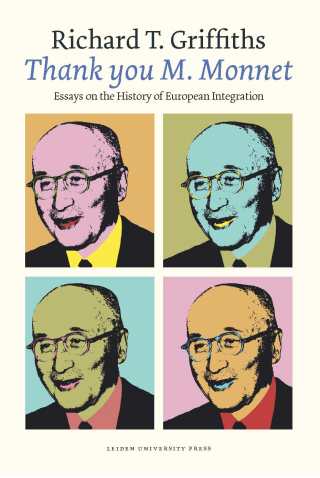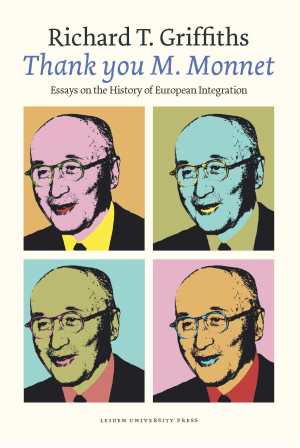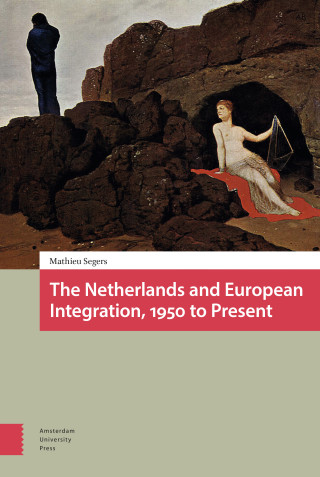1. The European Integration Experience 1945-1958
2. The Founding Fathers
3. The Marshall Plan and Western European Reconstruction
4. The Management of Markets: Business, Governments and Cartels in Post-war Europe
5. Europe’s First Constitution – the European Political Community, 1952-1954
6. Agricultural Pressure Groups and the Origins of the Common Agricultural Policy
7. “Thank you M. Monnet; I’ll take care of that.”
8. The Dynamics of Policy Inertia
9. The European Integration Experience 1958-1973
10. “An act of creative leadership”
11. The United Kingdom and Free Trade Area: A Post Mortem
12. “Two Souls, One Thought”?
13. A Dismal Decade? European Integration in the 1970s
14. EFTA and European Integration, 1973-1994
15. The Concentric Circles of the European Union’s Trade Regime. 1989 to the present.
16. Lessons from the Euro Experience
17. European Identities
18. The Landscape of European Studies
Contents
Introduction
1 The European Integration Experience, 1945-1958
2 The Founding Fathers
3 The Marshall Plan and Western European Reconstruction
4 The Management of Markets: Business, Governments and Cartels in Post-war Europe
5 Europe’s First Constitution: The European Political Community, 1952-1954
6 Agricultural Pressure Groups and the Origins of the Common Agricultural Policy
7 ‘Thank You, M. Monnet; I’ll Take Care of That’: Some Counterfactual Reflections on Institutional Creation and the Origins of European Integration
8 The Dynamics of Policy Inertia: The UK’s Participation in and Withdrawal from the Spaak Negotiations
9 The European Integration Experience, 1958-1973
10 ‘An Act of Creative Leadership’: The End of the OEEC and the Birth of the OECD
11 The United Kingdom and the Free Trade Area: A Post Mortem
12 ‘Two Souls, One Thought’? The EEC, the USA and the Management of the International Monetary System
13 A Dismal Decade? European Integration in the 1970s
14 EFTA and European Integration, 1973-1994: Vindication or Marginalisation?
15 The Concentric Circles of the European Union’s Trade Regime, 1989 to the Present
16 Lessons from the Euro Experience
17 European Identities
18 The Landscape of European Studies
Notes
Bibliography
Publications of Richard T. Griffiths





